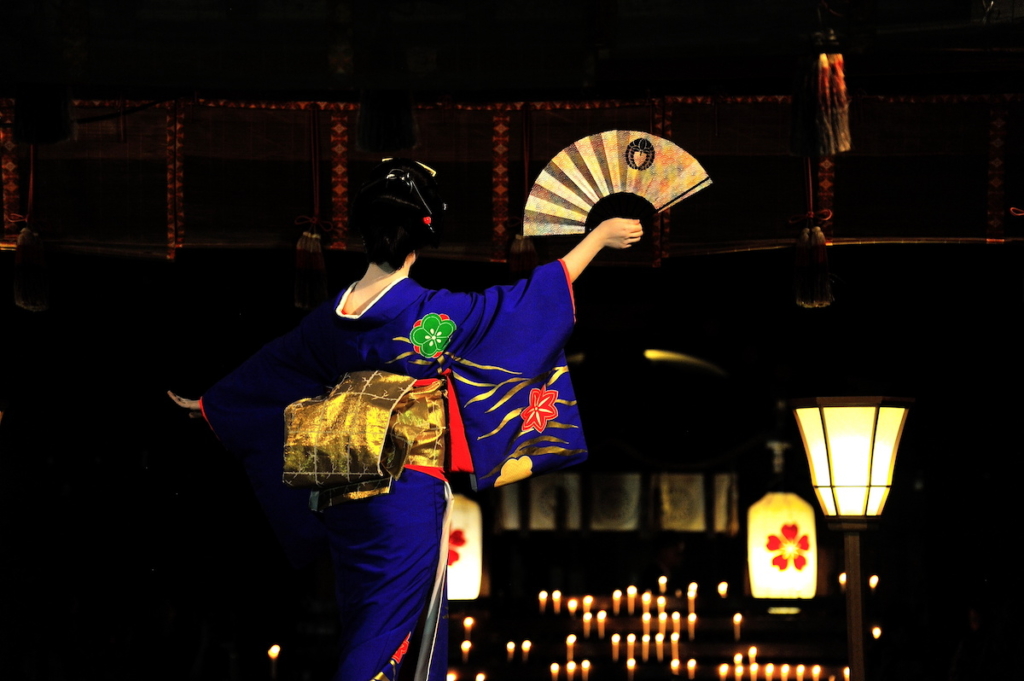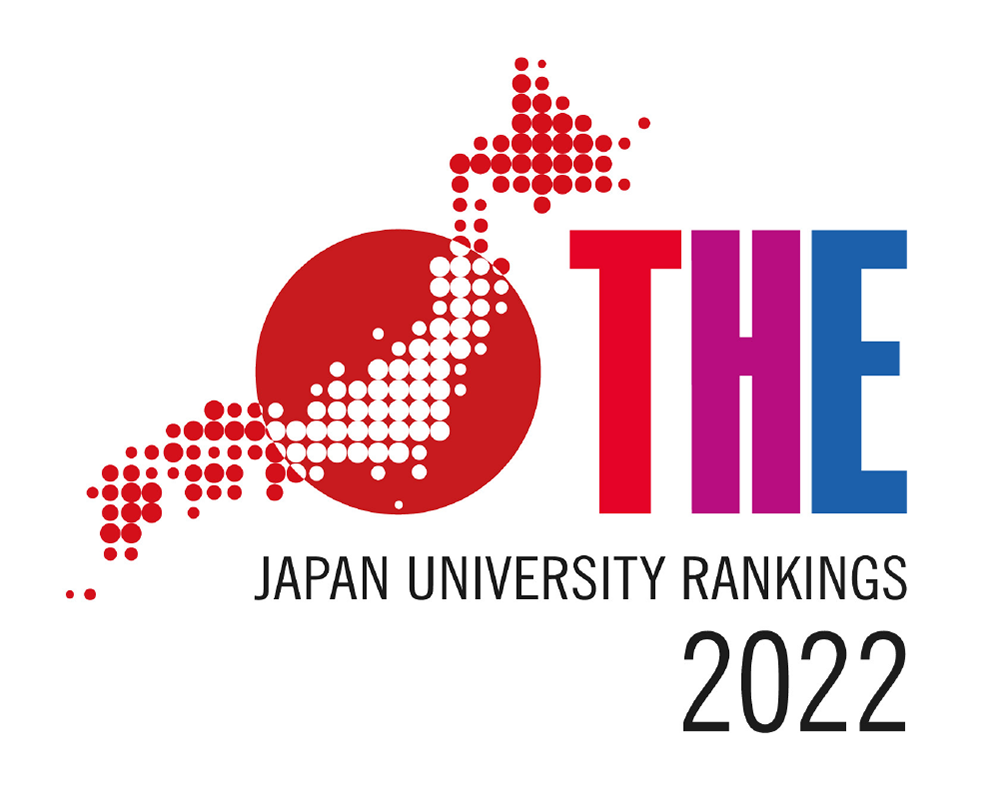

Japan has set a new target of 60 million foreign visitors to Japan by 2030, following signs that the number of foreign visitors to Japan will surpass 20 million in 2016. In addition to its existing historical and cultural heritage, world heritage sites and leisure facilities, Japan attracts many foreign visitors by offering a combination of the spirit of hospitality, which helped attract the Tokyo Olympics and Paralympics, and the delicate culinary culture of Japanese food, which is unique in the world.
On the other hand, the expansion of COVID-19 has stagnated the flow of people from home and abroad, and the entertainment industry has been hit hard worldwide. Therefore, in this programme, participants will learn through lectures and practical training how to utilise Japan’s strengths in the with COVID-19 to bring about a V-shaped recovery in the entertainment industry, focusing on the leisure, tourism and food service industries within the so-called entertainment industry.
Omotenashi is the most advanced service spirit in the world, and we will learn about this spirit and explore its application in the entertainment industry in each country. Along with Omotenashi, the focus will also be on Japanese food, which has been registered as a UNESCO Intangible Cultural Heritage, and the background, philosophy and techniques behind its delicacy and precision will be studied in a practical training format. In particular, learn about the nutrients and ingredients of ‘Umami’ produced by ‘Dashi’ (Japanese soup stock), which is attracting worldwide attention, and experience the cutting-edge nature and techniques of Japanese food through practical training. Understand technology scientifically. The cooking techniques of Japanese food, which utilise all the ingredients, will also allow them to experience the spirit of ‘Mottainai’ and contribute to ‘Zero hunger’ as set out in Goal 2 of the SDGs. By fostering new knowledge on how to utilise foodstuffs, the project will help to create an environment where food can be delivered to as many people as possible in a sustainable manner.
In addition, the participants will experience micro-tourism in Hachioji and other areas through field trips, and learn about new shapes of hospitality and tourism in the with COVID-19 era.
Through these comprehensive experiences and learning, the students will have the opportunity to review the entertainment industry in their home countries and explore ways to revive and develop it, while Japanese students will have the opportunity to diversify and improve the quality of inbound services in the future through group work and other exchanges.
日本は2016年に訪日外国人数が2000万人を突破する兆しが見えたことから、新たに訪日外国人数を2030年に6000万人にするという目標を掲げている。日本は、既存の歴史文化遺産や世界遺産、レジャー施設などに加え、東京オリンピック・パラリンピック誘致のきっかけにもなった「おもてなし」の精神と、和食という世界に類を見ない繊細な食文化を組み合わせて提供することで、多くの外国人観光客を魅了している。
一方、COVID-19の拡大によって、国内外の人の流れが停滞し、エンターテインメント業界は世界的に大打撃を受けている。そこで、本プログラムでは、所謂エンターテイメント業界の中でも、レジャーやツーリズム、外食産業を中心に、withコロナ、afterコロナ時代に日本の強みをどのように活かし、エンターテインメント業界をV字回復させていくかを、講義や実習を通して学ぶ。
「おもてなし」は、世界でも最先端のサービス精神であり、この精神を学び、各国のエンターテインメント業界での活用を模索する。また、「おもてなし」と共に、ユネスコ無形文化遺産にも登録された和食にも焦点を当て、その繊細さ、緻密さの背景や思想、技術などを実習形式で学ぶ。特に、世界的にも注目を浴びている和食の「出汁”Dashi”」が生み出す「うまみ”Umami”」の栄養素や成分について学び、実習で体感することによって、和食の先端性や技術を科学的に理解する。また、すべての食材を余すことなく活用する和食の調理技術から、”Mottainai”の精神に触れ、SDGsの目標2に掲げられている「飢餓をゼロに」に寄与する。食材の活用方法の新たな知識の醸成により、サスティナブル且つ多くの人に食事が届けられる環境をつくるための一助とする。
加えて、八王子を中心としたマイクロツーリズムをフィールドトリップから体験し、with コロナ時代での新しい形のおもてなしや、観光業のあり方についても学ぶ。
これらを総合的に体験し、学ぶことで、学生の出身国のエンターテインメント産業を見直し、復活・発展への道を探るきっかけとするとともに、日本人学生がグループワークにおける交流等を通じ、将来のインバウンドサービスの多様化並びに質の向上につなげる機会ともする。
Exchange and Study Abroad Program
There are two study abroad programs, Exchange Program and Summer Program, open to overseas students at J. F. Oberlin University. Students will learn about and experience Japan within the supportive environment of J. F. Oberlin University from both programs.
桜美林大学には、「交換留学プログラム」と「サマープログラム」という2つの留学プログラムがあり、海外からの留学生を受け入れています。両プログラムとも、桜美林大学のサポート環境のもと、日本について学び、体験することができます。
3Cs Project
J. F. Oberlin University operates the international exchange platform "3Cs Project: Connect, Collaborate, Create.” The 3Cs Project is open to students, faculty and staff from around the world, primarily from JFOU's partner universities. Real-time interactive cultural exchanges and language exchange events are conducted using Zoom and other tools.
桜美林大学は、国際交流プラットフォーム「3Cs Project: Connect, Collaborate, Create」を運営しています。3Csは、本学の協定校を中心とした世界の学生教職員を対象としています。Zoomなどを活用したリアルタイムの双方向型文化交流や言語交換イベントを実施しています。
Times Higher Education Japan University Rankings
JFOU was ranked 101-110 in the overall ranking of THE World University Rankings Japan 2022. In the field of internationality, JFOU was ranked 39th out of 273 Japanese universities. The Japanese edition of THE World University Rankings is designed to reflect the merits and characteristics of Japanese universities in a way that is more relevant to the educational situation in Japan.
桜美林大学は、THE世界⼤学ランキング⽇本版2022の総合ランキング101-110位にランクインいたしました。また、国際性に関しては、273校の日本大学のうち、39位にランクインいたしました。THE世界⼤学ランキング⽇本版は、⽇本の教育事情により即したかたちで⼤学の魅⼒や特性が表れるように、⼤学の「教育⼒」を測ることを目的としています。
